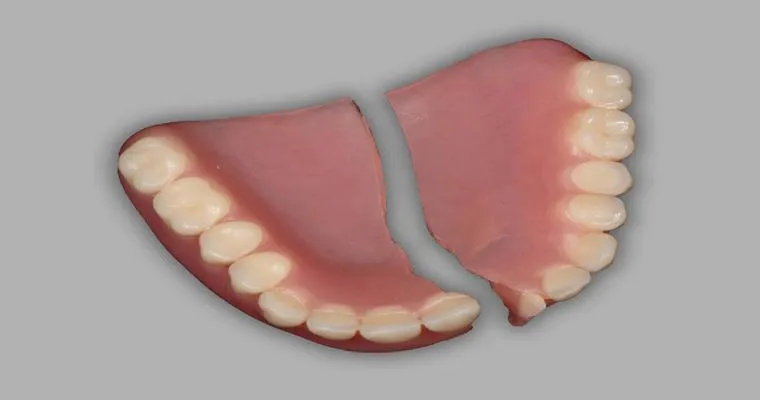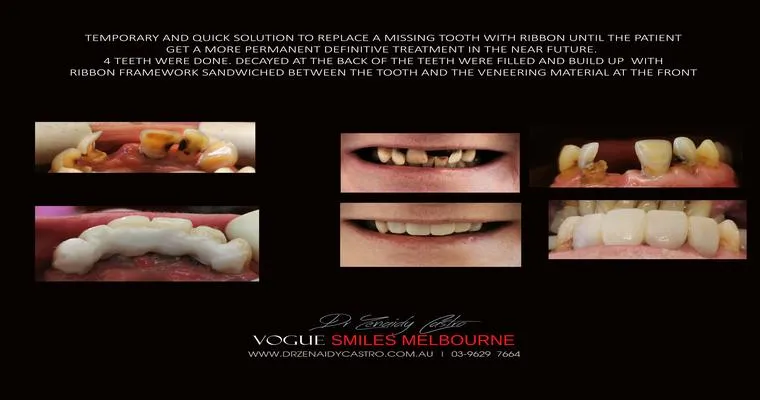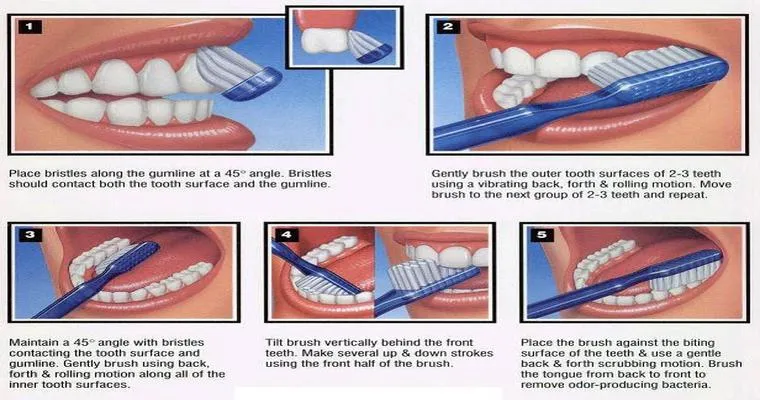Experiencing a "broken denture" can be a distressing situation, leaving you unsure of your next steps. Whether it’s a simple crack or a complete break, knowing how to handle the situation is crucial for both your comfort and oral health. In this article, we will guide you through what to do when your denture breaks, the importance of timely repairs, and tips for preventing future damage.
First, assess the extent of the damage to your "denture". If the break is minor and does not affect the fit or functionality, you might be able to temporarily fix it at home. Use a denture adhesive or repair kit specifically designed for this purpose, but remember that these solutions are not permanent. If the break is severe or if you notice any sharp edges, it is essential to avoid using the denture until it can be repaired. Continuing to use a damaged denture can lead to discomfort, irritation, or even injury to your gums.
Next, contact your dentist as soon as possible. A professional evaluation is necessary to determine the best course of action for your broken denture. Dentists typically have the tools and expertise to repair most types of damage, whether it involves re-aligning the denture, replacing a broken tooth, or crafting a new base. Depending on the severity of the break, your dentist may be able to provide a same-day repair, ensuring that you can return to your regular activities promptly.
While awaiting repairs, it is advisable to avoid eating hard or sticky foods that could exacerbate the damage or cause discomfort. Instead, opt for softer foods and consider using a "temporary denture" if you find it challenging to manage without your current appliance. Temporary dentures can help maintain your oral functionality and appearance until your broken denture is fixed.
Preventing future breakage is equally important. Here are some helpful tips to extend the life of your denture:
1. "Handle with Care": Always handle your denture gently. When cleaning or removing it, avoid applying too much pressure that could lead to cracks.
2. "Use a Soft Brush": Clean your denture with a soft-bristle brush and a non-abrasive cleaner designed for dentures. Avoid using regular toothpaste, as it can scratch the surface.
3. "Store Properly": When not in use, store your denture in a safe place, preferably in water or a denture solution to prevent it from drying out and becoming brittle.
4. "Regular Check-Ups": Schedule regular visits to your dentist for check-ups. They can help monitor the condition of your denture and make adjustments as needed.
In conclusion, a "broken denture" can be a frustrating experience, but knowing how to respond can make all the difference. Remember to assess the damage, avoid using the denture if it's severely broken, and consult your dentist for professional repairs. By taking proactive steps to care for your denture, you can minimize the risk of future issues and maintain your oral health effectively.





